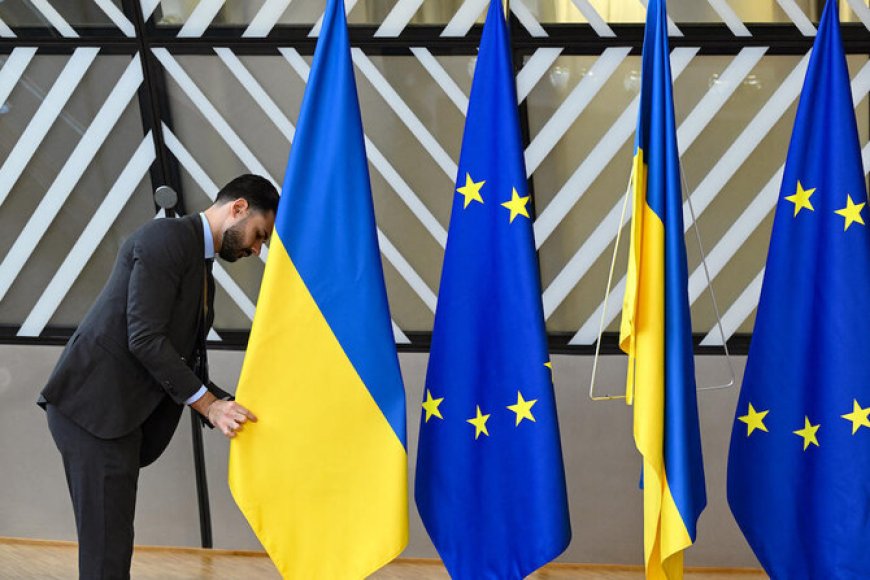EU Lawmakers Approve $38 Billion Loan for Ukraine to Bolster Economy and Military

European Parliament approved a large loan package of up to $38 billion (€35 billion) to support Ukraine, a move aimed at helping the war-torn nation restore its economy, equip its military, and preserve essential infrastructure ahead of the winter months. The financing is part of a bigger $50 billion program agreed to by the G7 nations in June to provide crucial aid to Ukraine amid continued war with Russia.
Ukraine is in severe need of funding as it braces for another harsh winter under the pressure of Moscow's unrelenting military campaign. Bombardments have badly damaged Ukraine’s energy grid, and the country requires enormous resources to continue defending its borders and preserving its economy.
The loan, which won overwhelming backing from EU parliamentarians, reflects the EU’s contribution of the G7’s bigger aid program. EU justice commissioner Didier Reynders suggested that the remaining G7 states are anticipated to declare their contributions during a meeting in Washington later this week. The EU's contribution could potentially be altered depending on the sums given by other governments.
This financial support for Ukraine is being funded by earnings from blocked Russian assets. Since Russia’s invasion in 2022, the EU has frozen around $235 billion in Russian central bank reserves, which make for the bulk of immobilized Russian assets globally. Most of these money are held by Euroclear, an international deposit organization based in Belgium. Interest gained on these frozen assets is meant to be leveraged to improve the flow of aid to Ukraine.
The freshly agreed loan comes as part of ongoing efforts by the EU and G7 to support Ukraine in its struggle against Russian aggression. In July, the EU channeled $1.7 billion to Kyiv, but the G7 plan is planned to replace that scheme with a more comprehensive one.
However, the full implementation of the G7 loan has faced delays, mainly due to U.S. worries regarding guarantees that the frozen Russian assets will stay inaccessible. Currently, the EU’s block on Russian assets is reviewed and renewed every six months, but Hungary recently rejected a request to extend this time to 36 months. Hungary voiced concerns over the approaching U.S. presidential election in November, signaling a preference to wait for any shifts in U.S. foreign policy before making long-term commitments.
This latest loan adds to the roughly €120 billion in help that the EU and its member states have already provided to Ukraine since the commencement of Russia’s war. EU officials stress that continuous financial support is crucial to preserving Ukraine’s resilience in the face of ongoing conflict, as the nation prepares for another winter of military and economic misery.













































